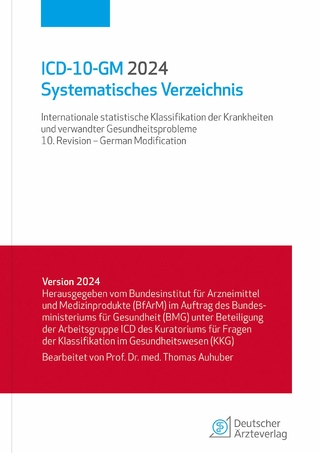
Proteome Analysis
Elsevier Science Ltd (Verlag)
978-0-444-51024-2 (ISBN)
This book explores the current status of proteomics, an exciting new discipline, which is less than 10 years old. This new field has rapidly grown into a major commercial and research enterprise with great prospects for dramatically advancing our knowledge of basic biological and disease processes. The contributors to this book are an international panel of proteomics experts, who review and discuss the current status of specific technologies and approaches. Proteomics represents an exciting new way to pursue biological and biomedical science at an unprecedented pace. Proteomics takes a broad, comprehensive, systematic approach to understanding biology that is generally unbiased and not dependent upon existing knowledge. The major components of proteomics from basic discovery using a range of alternative analytical methods to discovery validation and use for clinical applications are discussed. State-of-the-art protein profiling methods include high resolution two-dimensional gels, two-dimensional differential in-gel electrophoresis, LC-MS and LC-MS/MS using accurate mass tags, and protein identifications of proteins from gels using mass spectrometry methods are discussed in depth. Other chapters describe comprehensive characterization of proteomes using electrophoretic prefractionation and analyses of sub-proteomes based on specific posttranslational modifications including the phospho-proteome, the glyco-proteome, and nitrated proteins. These conventional proteome analysis chapters are complemented by discussion of emerging technologies and approaches such as affinity based biosensor proteomics as well as the use of protein microarrays, microfluidics and nanotechnology. Strategies for improving throughput by automation are also discussed. Additional chapters address the application of current proteome techniques to clinical problems and the availability of protein expression library resources for proteome studies.
Overview of proteome analysis.Protein profile comparisons of microorganisms, cells and tissues using 2-D gels.Protein profiling using 2-Dimensional Gel Electrophoresis (2D-DIGE) with multiple fluorescent tags.Electrophoretic prefractionation for comprehensive analysis of proteomes.Modification specific proteomics applied to protein glycosylation and nitration.Phosphoproteomics: Mass spectrometry based techniques for systematic phosphoprotein analysis.Protein identification by in-gel digestion and mass spectrometry.The use of accurate mass tags based upon high-throughput Fourier transform ion cyclotron resonance mass spectrometry for global proteomic characterization.Clinical applications of proteomics.Affinity-based biosensors, microarrays and proteomics.Protein expression library resources for proteome studies.Automation of proteome analysis.Micro- and nanotechnology for proteomics.
| Erscheint lt. Verlag | 18.5.2004 |
|---|---|
| Verlagsort | Oxford |
| Sprache | englisch |
| Maße | 159 x 241 mm |
| Gewicht | 860 g |
| Themenwelt | Informatik ► Weitere Themen ► Bioinformatik |
| Naturwissenschaften ► Biologie ► Genetik / Molekularbiologie | |
| ISBN-10 | 0-444-51024-9 / 0444510249 |
| ISBN-13 | 978-0-444-51024-2 / 9780444510242 |
| Zustand | Neuware |
| Haben Sie eine Frage zum Produkt? |
aus dem Bereich


